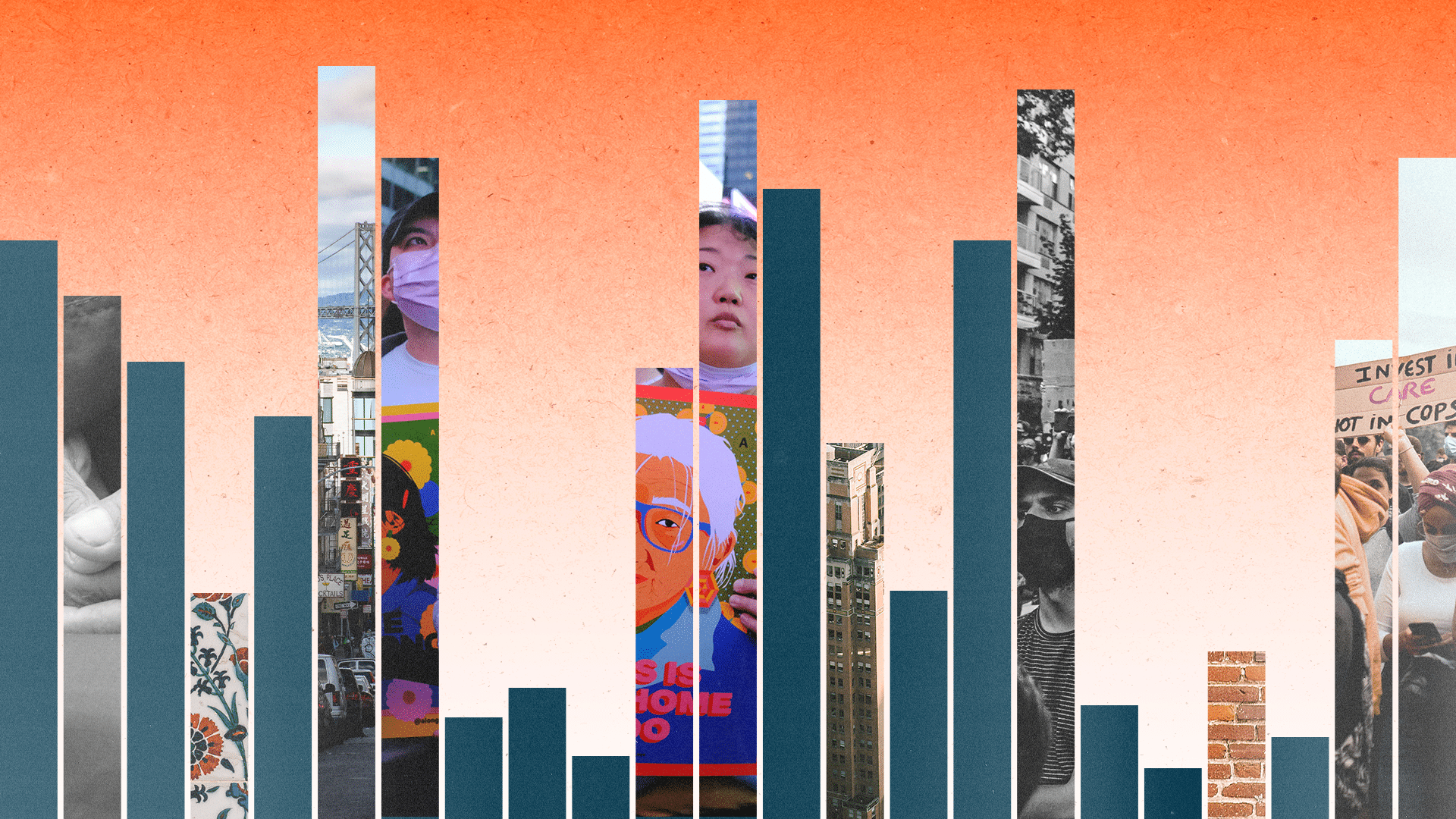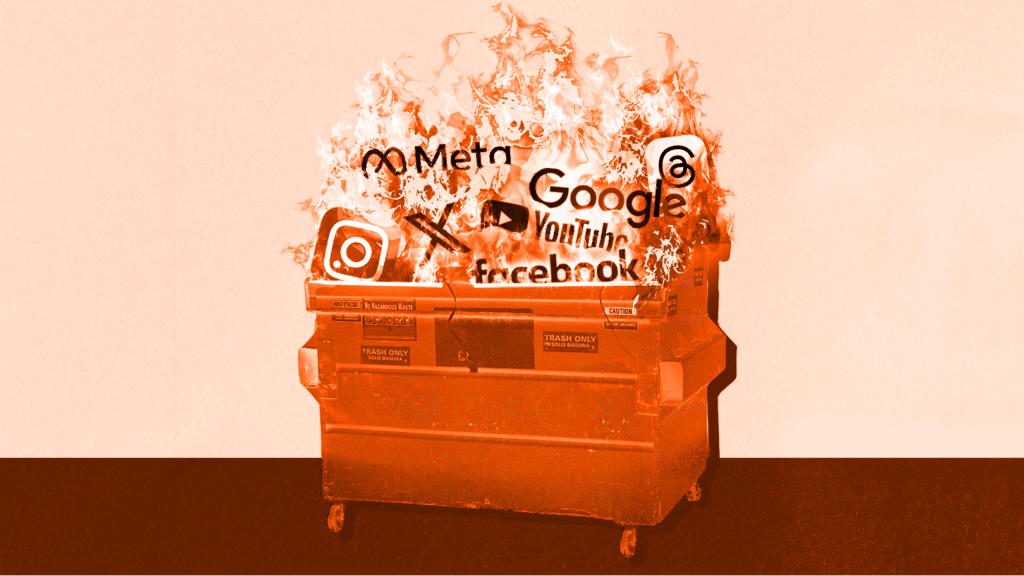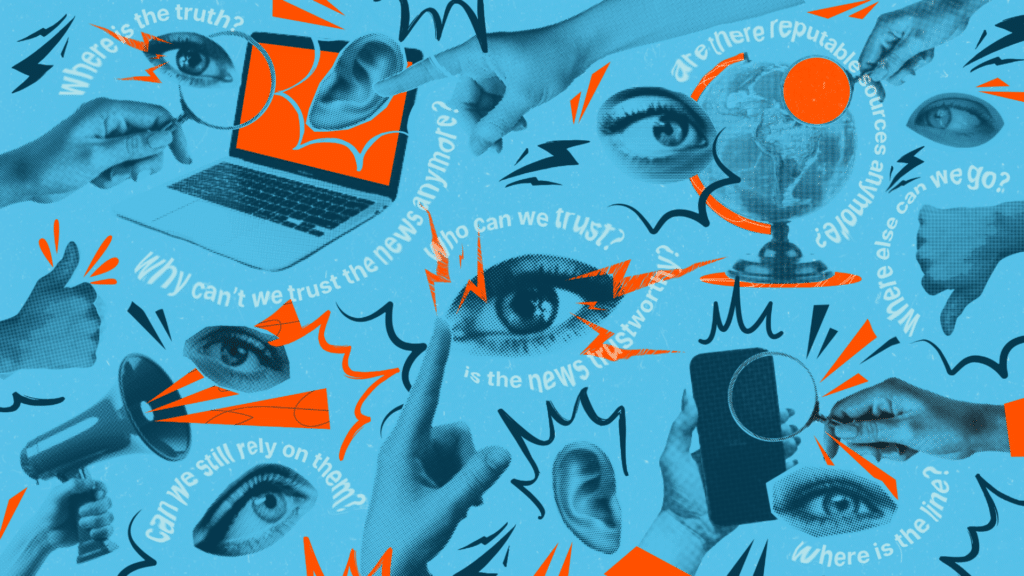How accurate data fuels AANHPI advocacy
Data collection in the U.S. frequently overlooks or lumps together communities of color. When we’re not counted accurately or our opinions aren’t recorded, we’re invisible in national narratives. It leaves our identities unrecognized, making it even more challenging to truly care for our communities.
Asian American, Native Hawaiian and Pacific Islander (AANHPI) community efforts show what it looks like to demand something different. Four years ago this month, Stop AAPI Hate started reporting on COVID-19-related anti-Asian racism, and sparked nationwide dialogue. While it’s among the better-known organizations focusing on community-generated data, it’s certainly not alone in this work.
AANHPI coalitions continue to raise the bar for data collection. They gather and share information that celebrates the community’s vast diversity, reveals AANHPI people’s political priorities, sheds light on the impacts of systemic racism and more — all to fuel advocacy campaigns. When we’re counted accurately, we’re visible. And when we’re visible, we can advocate for our needs.
- Explore AAPI Data’s Community Counts Dashboard
- Check out Asian Americans Advancing Justice’s Resource Hub
We all know that sharing community stories can positively shape our culture, laws and access to funding. These resources are a great example of how accurate, community-centered data makes such storytelling possible.
Thought leadership to amplify AANHPI voices
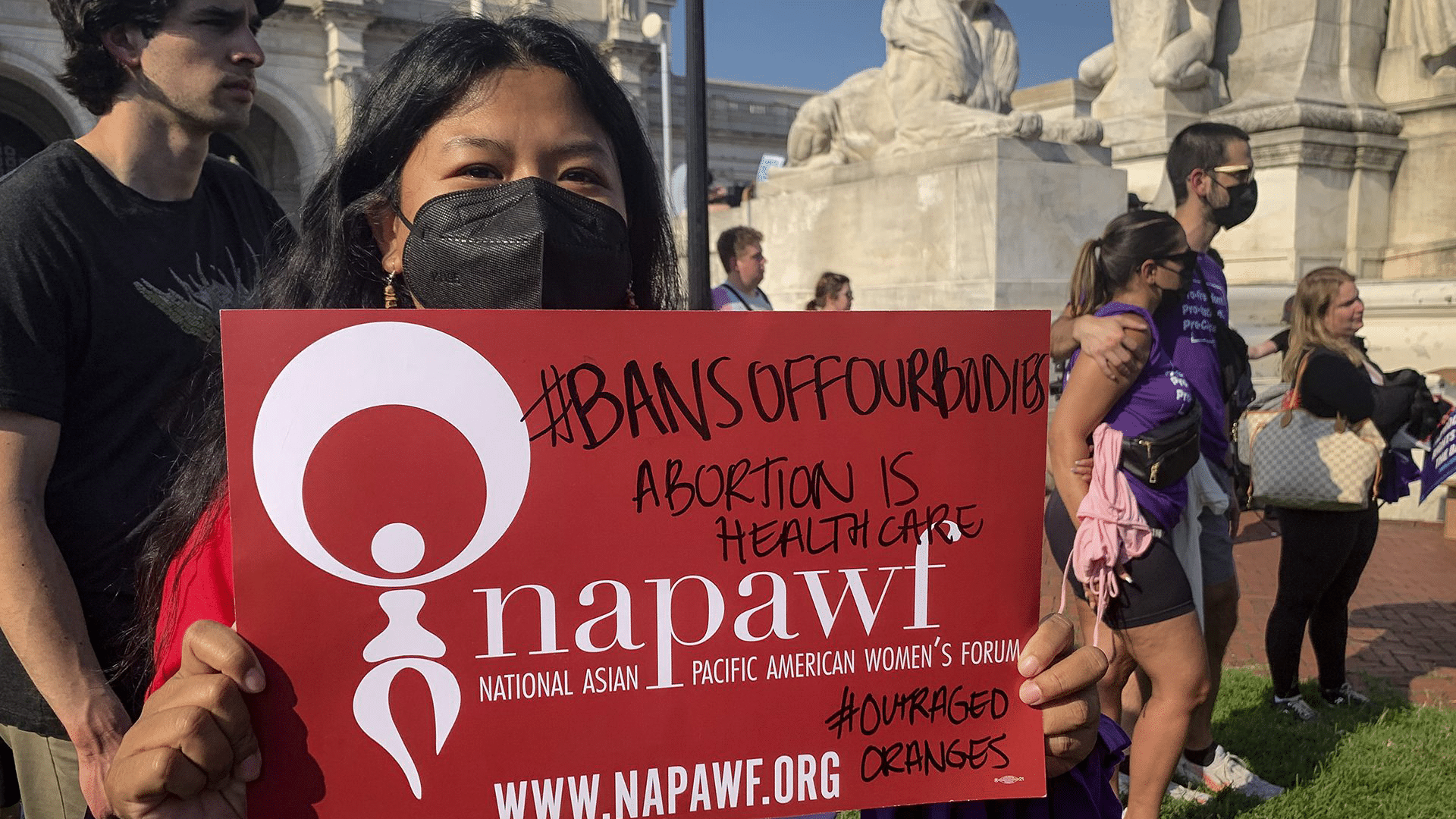 In addition to accurate data, it’s critical for marginalized communities to see themselves represented among leaders with strong opinions advocating for their rights.
In addition to accurate data, it’s critical for marginalized communities to see themselves represented among leaders with strong opinions advocating for their rights.
The National Asian Pacific American Women’s Forum is one of those leaders, as a national organization that builds power with AANHPI women and girls through on-the-ground advocacy, groundbreaking studies, legislative engagement and more. They teamed up with Mixte to develop a thought leadership strategy that could fuel their work.
Visibility isn’t the end goal
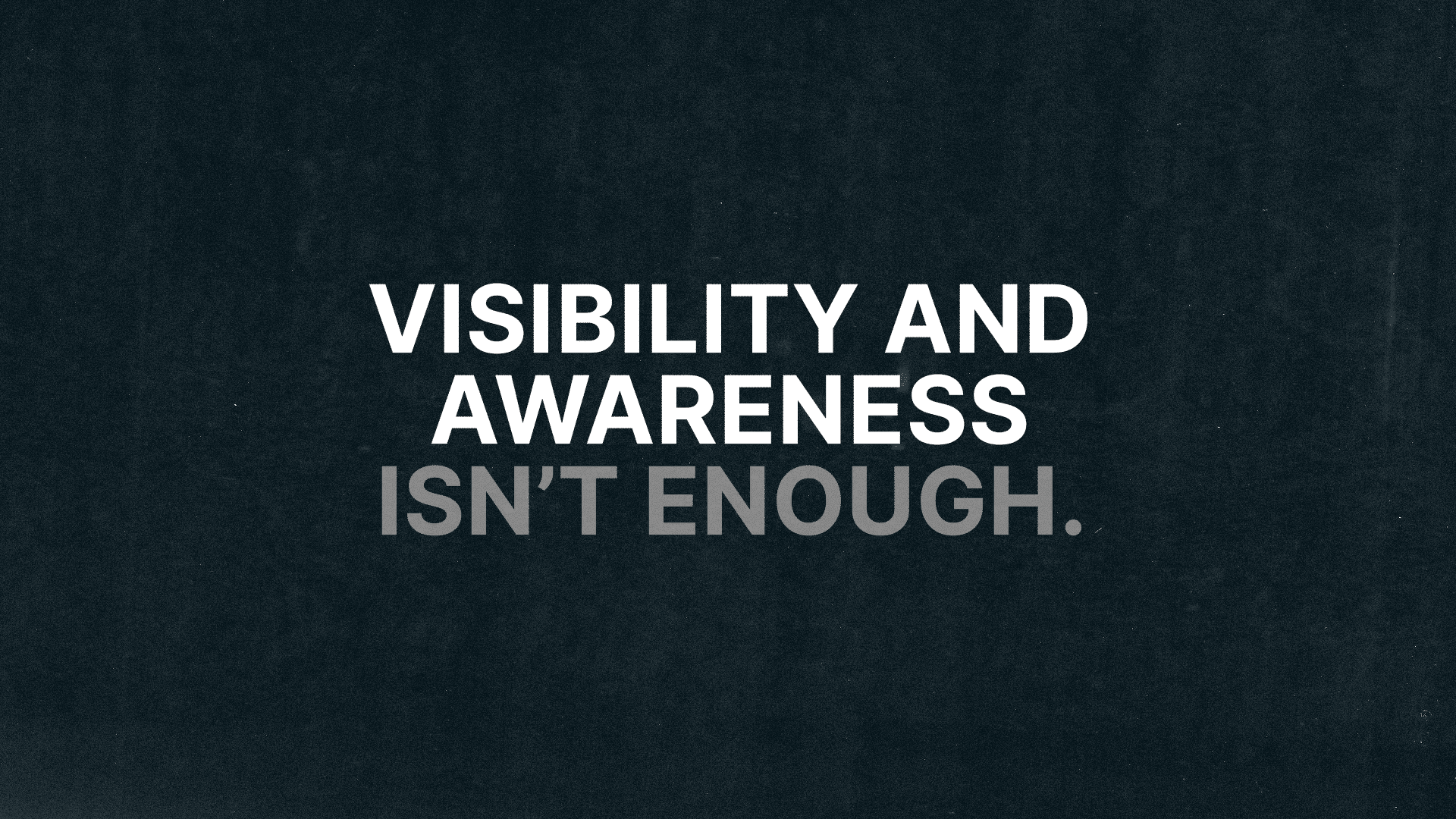 After marginalized communities put in the hard work to gain recognition of their existence and experiences, it’s all too common for those in power to celebrate that recognition as its own win, without doing anything to change the injustices that have been brought to light or acknowledging that increased visibility can also increase violence. That’s why, when we call our audiences to action around raising awareness, we must ensure that we also secure their sustained commitment to what comes next — actions and accountability that drive systemic change.
After marginalized communities put in the hard work to gain recognition of their existence and experiences, it’s all too common for those in power to celebrate that recognition as its own win, without doing anything to change the injustices that have been brought to light or acknowledging that increased visibility can also increase violence. That’s why, when we call our audiences to action around raising awareness, we must ensure that we also secure their sustained commitment to what comes next — actions and accountability that drive systemic change.
Learn from these leaders pushing past the stagnation of visibility:
